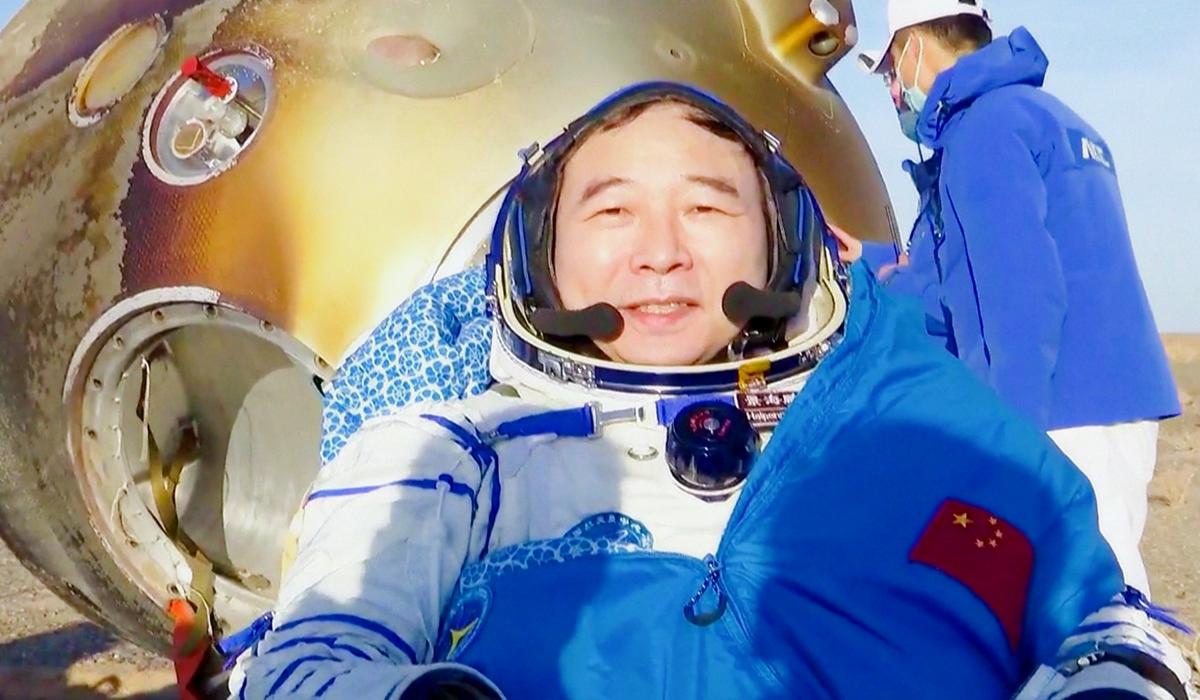Today, China’s space program, saw three astronauts have safely returned home after completing a rigorous six-month mission in orbit. This achievement not only reflects China’s growing expertise in space exploration but also emphasizes the nation’s significant contributions to scientific advancement.
During their mission, these astronauts conducted a wide array of experiments, pushing the boundaries of scientific knowledge in microgravity environments. These experiments transcended traditional boundaries and encompassed fields such as physics, biology, material science, Earth observation, and remote sensing. The data gathered from these endeavors holds the potential to benefit humanity and our planet in countless ways, from innovative technologies to a deeper understanding of our world.
China’s ascent in the space sector has been undeniable. It is highlighted by its remarkable progress in developing the Tiangong space station and its grand cosmic ambitions. As we look toward the year 2030, China is steadily advancing towards becoming the sole nation with a fully operational orbiting station. This feat becomes all the more significant as the International Space Station (ISS) inches closer to decommissioning, signifying a major turning point in the global space industry.
Another notable achievement is China’s prowess in satellite technology. The nation boasts a fleet of over 400 satellites in orbit, positioning it as a global leader in satellite operations. These satellites serve critical functions in communication, navigation, Earth monitoring, global connectivity, and scientific research. This technological prowess contributes to the global infrastructure that enables modern communication and our ability to monitor our planet’s dynamic environment.
China’s ambitions extend further into the cosmos, with plans to send humans to the moon and establish a lunar research station for sustained human presence. The last crewed lunar mission was Apollo 17 in December 1972. Now, China and other nations, including the United States, are rekindling their lunar ambitions. The Artemis project, spearheaded by the United States, aims to send humans back to the moon in the coming years, reawakening a dream that was once the hallmark of the Apollo era.
As 2030 approaches and the ISS edges closer to decommissioning, China’s undeniable rise in space technology positions it as a central player in shaping the future of space exploration. The development of the Tiangong space station and the nation’s cosmic aspirations mark a pivotal moment in the history of space exploration. As we continue to explore the frontiers of space, international cooperation and acknowledgment of each nation’s contributions are key to advancing our understanding of the cosmos and benefiting all of humanity.









